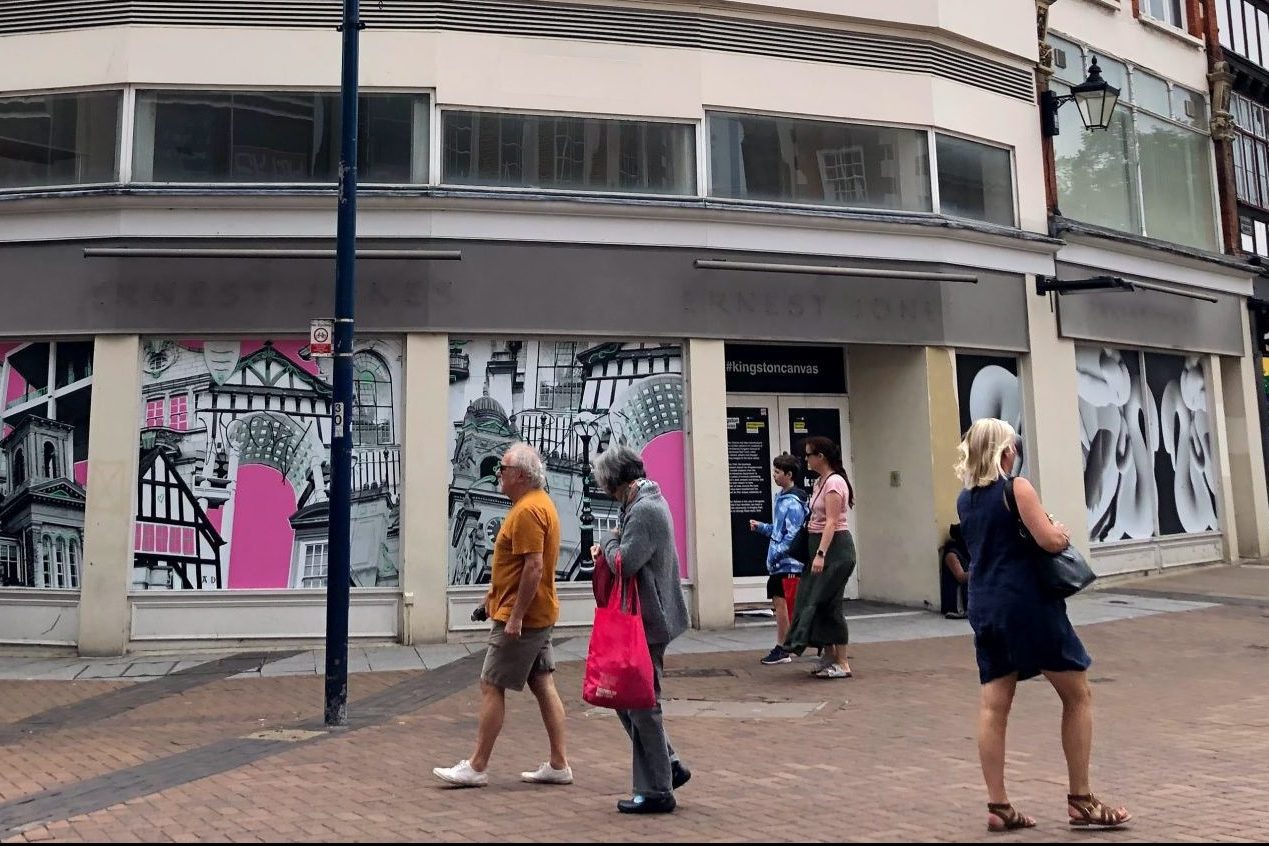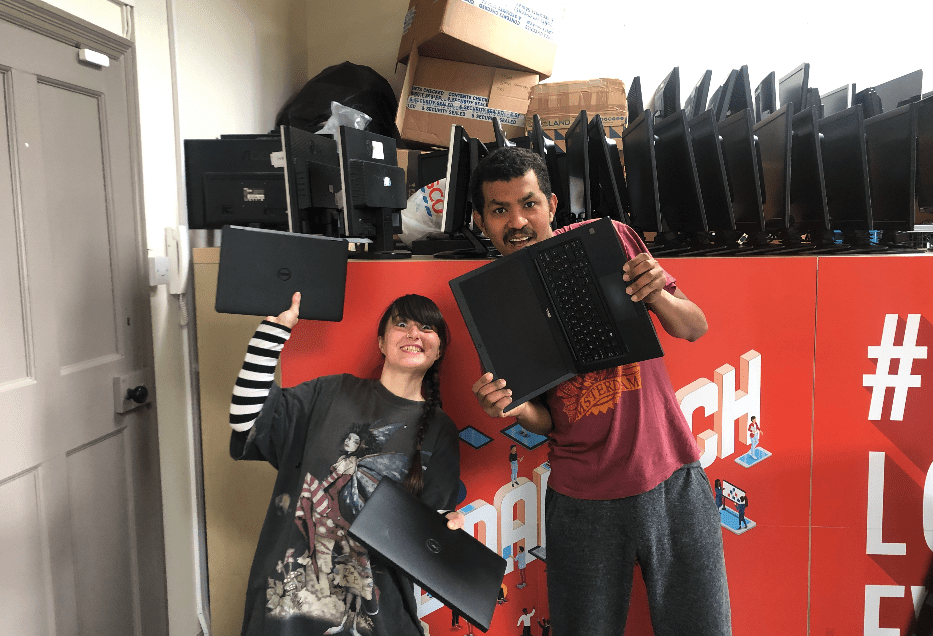
Nick Plumb
Associate Director for Policy and Insight
Places and spaces matter. Your cherished local park. The local pub, which is the beating heart of the community. The grassroots music venue where your kids played their first gig.
Ownership matters too. When owners are distant, and they see these assets purely as a financial investment, they are unlikely to see their unique value. When these spaces are in community ownership – owned by people with skin in the game – their value and potential is better understood.
Progress on community ownership
That’s why Power to Change has long campaigned for community ownership to be supported, championed, turbocharged. We called for a government-funded Community Ownership Fund, which was introduced by the last government. In recent years, we’ve been pushing for the introduction of a Community Right to Buy – a new power to give communities first refusal when assets – with existing or potential community use – come up for sale.
So, we were delighted to see an intention for this set out in the King’s Speech, meaning it will form a core part of the Labour Party’s agenda in this parliamentary session. The English Devolution Bill will “empower local communities with a strong new ‘right to buy’ for valued community assets, such as empty shops, pubs, and community spaces”. Steve Reed, Environment Secretary, has spoken about the potential of the Right to protect nature. Annelise Dodds recognises the role it can play in protecting the nation’s pubs. All of this is to say that there is a great deal of support for the policy in the highest echelons of the new government.
Where it’s working
To truly understand the potential of community ownership we need to think about it at the neighbourhood scale. This summer, I spent time in West Yorkshire at two excellent, but completely different, community businesses.
It was a sweltering day and we started out at the Headingley Development Trust in Leeds. This is a long-running organisation which has grown its community-owned asset base over two decades. Today, it runs a thriving arts space, events venue and café. It has just purchased a greengrocer, owns and manages several homes, maintains a community orchard and runs local zero carbon campaigns. It has over 1200 members that help guide the direction of the organisation – ensuring its offer is suited, and regularly adapts, to the needs of the community.
There are countless examples of this ambitious, multi-asset approach to community ownership across the country. But just imagine if this was even more widespread. The role local people could play if they had a genuine ownership foothold in our declining town centres – taking the place of distant owners, and rolling up their sleeves to drive change, with the support of government.
So, community ownership has a proactive local growth and regeneration role. It is also the last line of defence, saving cherished local spaces at risk of being lost forever. This is at the heart of the story of the Puzzle Hall Inn in Sowerby Bridge. We spent time sampling the local ales and hearing from Treasurer Sam about the way the pub fell on hard times and suffered extensive decline. In 2018, the community came together, formed a Community Benefit Society, and bought the pub.
Today, it has been tastefully refurbished, leaning into its heritage as an elite music venue. It hosts regular jazz nights and experimental sessions. The Inn recently had an Icelandic Europop group grace their stage.
Looking forwards
These are just two stories. The new government can help write thousands more – by legislating for an expansive Community Right to Buy in its Devolution Bill, along with supportive policy framework. An extended, expanded, and improved Community Ownership Fund, accompanied by targeted capacity-building support, is a vital part of the picture.
Forthcoming research from Power to Change argues that the new government should launch a communications blitz with trusted organisations and individuals in the community sector to promote the new right. The government should also target funding and support to 3 to 5 trailblazer areas in England to accelerate the use of the new power and promote community ownership more widely.
This is good policy and good politics. Community ownership is economic change that people can see, touch and feel. We look forward to working with the government, and our allies in communities across the country, to make this one of the stories of this parliament.



